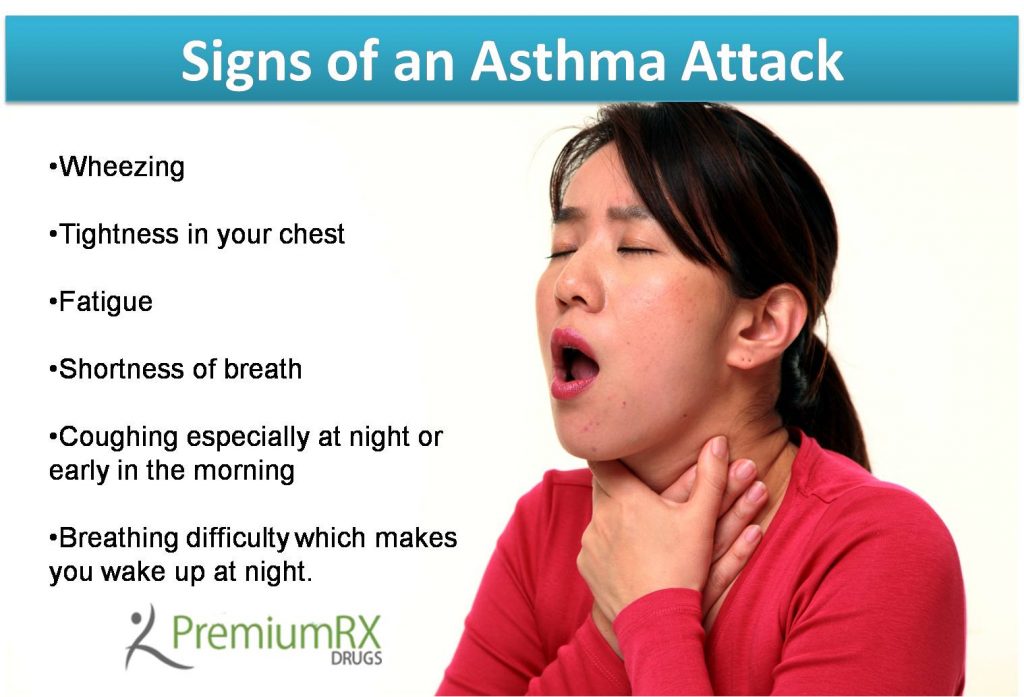An asthma attack can be terrifying. Learn how to identify when an asthma attack is coming on, what you can do to prevent it, and how to get the medical help to treat it correctly.
You should be aware of the fact that common asthma symptoms such as shortness of breath, wheezing, and tightness of the chest can progress into a full asthma attack if you don’t take the right steps to prevent it. Therefore, it is important to know the first signs of an asthma attack so that you can take the right decision at the right time.
How to know if you are having an asthma attack
An asthma attack happens when common asthma symptoms suddenly worsen. Common asthma, symptoms include wheezing, tightness in your chest, fatigue, shortness of breath, coughing, especially at night or early in the morning, and breathing difficulty which makes you wake up at night.
If any of these asthma symptoms become severe or more frequent, there are chances you may be having an asthma attack which can be life-threatening. If you feel you are unable to breathe while talking and walking, you should immediately rush to an emergency health care room.
According to asthma experts, it is believed that an asthma attack feels like you are trying to breathe underwater. If you have not been diagnosed with the respiratory tract disorder, but experience the same symptoms and think you may have this condition, you should talk to your physician. You will need to get an accurate diagnosis and develop an asthma action plan to achieve full control of your condition in the future.
If you are experiencing asthma symptoms that last more than two days a week, you must be taking asthma medications to achieve control over it.
What causes an asthma attack?
Scientists believed that an asthma attack occurs because the airways in the lungs become tightly constricted, and the airways become inflamed and swollen. However, the exact cause is not known but is it is thought to cause by a combination of genetic risk and environmental factors.
An asthma attack occurs in response to triggers present in the environment that irritates your airways. Triggers vary from one person to another. When you visit your physician’s clinic, he/she might be tested for allergies to find out what’s causing your asthma. The most common asthma triggers to include dust mites, smoke, ozone, pet dander, exercise, mould or mildew, and stress.
Marie
Latest posts by Marie (see all)
- Ondansetron Tablet – The Info Guide - March 31, 2025
- Ondansetron Tablet – Uses, Dosage, Price, Side Effects, and Where to Buy it Online? - March 18, 2025
- Is Careprost safe for eyelash growth? - March 12, 2025
